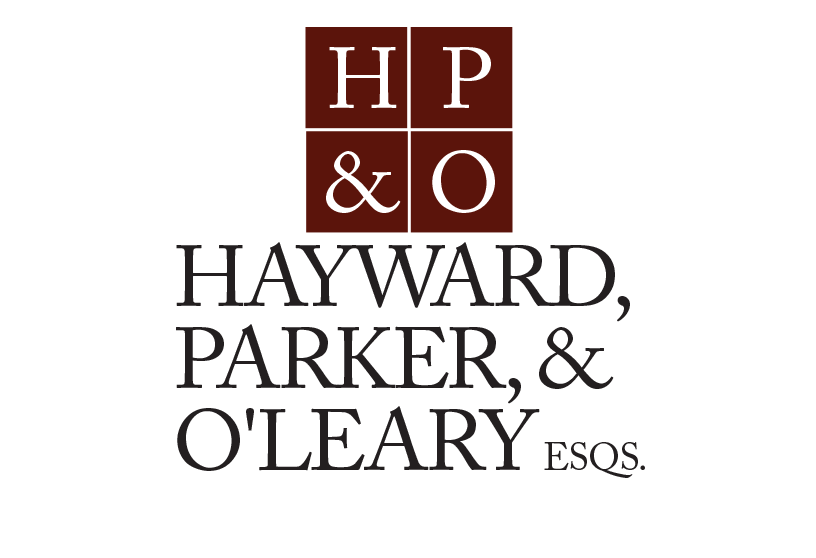Orange County Attorneys Examine Eligibility for Filing Bankruptcy in New York
An individual, married couple, a corporation or partnership can file a Chapter 7 Bankruptcy.
However, only an individual or married couple can file a Chapter 13 Bankruptcy. In order to be eligible for Chapter 13 bankruptcy, an individual or couple must have less than $360,475 in unsecured debt (i.e. credit cards, medical debt, old taxes, etc.) and less than $1,081,400 in secured debt (mortgages on real estate, car loans, tax liens, etc.). These amounts for Chapter 13 eligibility increase every three years.
A married person may file for bankruptcy by themselves or jointly with their spouse. A non-filing spouse’s income must be included in the financial schedules of the bankruptcy petition, whether they file jointly or not. If you filed for bankruptcy and voluntarily dismissed the case, you may not be able to file for bankruptcy again until six months from the dismissal date, depending on the circumstances of the dismissal.
Credit counseling requirement
Before an individual can file for bankruptcy under Chapter 7 or Chapter 13, he or she must undergo budget and credit counseling from an approved agency and receive a certificate as evidence of having received counseling. The counseling must be completed within 180 days prior to filing bankruptcy. Counseling sessions can be done over the phone (via a toll-free number), on-line or in person. Your bankruptcy lawyer can provide you with contact information for approved agencies. If a couple is filing joint bankruptcy, both husband and wife must receive counseling, but if you do it together, you will only be charged one fee. The fee is usually about $50.00. Two fees are charged for counseling done separately. If you file bankruptcy without proof of counseling, your case will be dismissed. A corporation is not required to receive counseling prior to filing bankruptcy.
Debtor education requirement
Personal financial management course
Before a debtor can obtain a Discharge under Chapter 7 or Chapter 13, they must submit to the Court a certification issued by the course provider evidencing completion of a Debtor Education Course Concerning Personal Financial Management.
- Chapter 7 – certification must be filed within 45 days of the Meeting of Creditors.
- Chapter 13 – certification must be filed no later than the date of the last required payment made by debtor to the Trustee.
Congress intended to make bankruptcy more complicated and more expensive so that people would think twice before doing it. Chapters 7 and 13 under the Bankruptcy Abuse Prevention and Consumer Protection Act (BAPCPA) are just the tip of the iceberg. There are many traps for the unwary, and any one of several missteps can result in a debtor not receiving a Discharge. A competent attorney can help you navigate through the many obstacles, new and old, on the road to a Discharge. Competent bankruptcy counsel will greatly increase a debtor’s chance of obtaining a Discharge. I hope you will consider our firm for this task.
